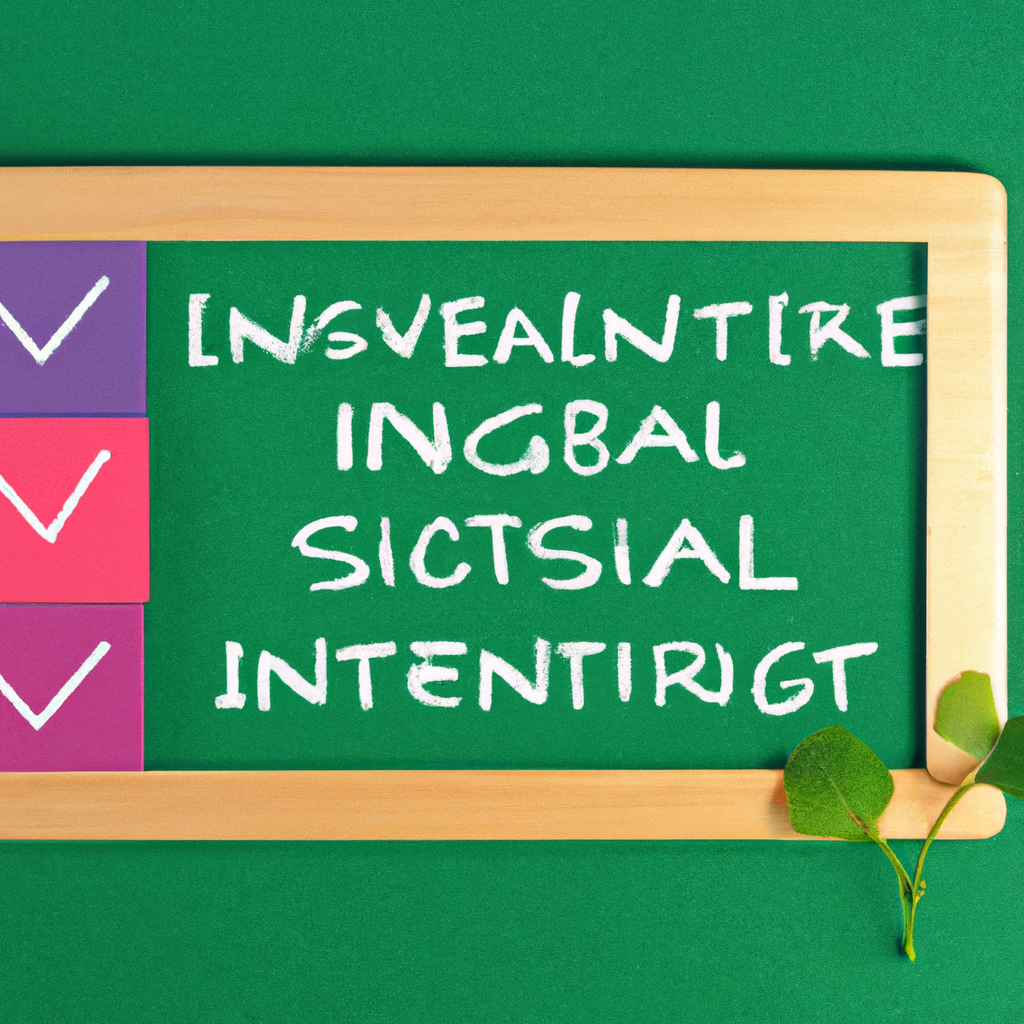Sustainable Investing Strategies
As the global focus on environmental, social, and governance (ESG) issues continues to grow, sustainable investing has gained significant traction in recent years. Sustainable investing, also known as socially responsible investing (SRI), involves considering both financial returns and the impact of investments on society and the environment. Investors are increasingly looking for ways to align their investment portfolios with their values, and sustainable investing provides a solution. In this article, we will explore some sustainable investing strategies that can help individuals make a positive impact while achieving their financial goals.
1. ESG Integration
ESG integration is a strategy that involves incorporating environmental, social, and governance factors into traditional investment analysis. By considering these factors alongside financial performance, investors can identify companies that are managing their ESG risks effectively and are more likely to achieve long-term success. This strategy allows investors to align their portfolios with sustainable goals without necessarily excluding entire industries or sectors.
2. Negative Screening
Negative screening is a strategy that involves excluding certain companies or industries from an investment portfolio based on specific ESG criteria. Investors may choose to avoid companies involved in activities such as tobacco, weapons manufacturing, or fossil fuel extraction. Negative screening allows investors to avoid supporting industries that conflict with their values and can help promote positive change by redirecting capital towards more sustainable alternatives.
3. Positive Screening
Positive screening, also known as positive selection or best-in-class approach, involves actively seeking out companies that demonstrate strong ESG performance. Investors identify companies that excel in areas such as renewable energy, gender diversity, or community engagement and include them in their portfolios. By investing in companies with positive ESG practices, investors can support sustainable business models and potentially benefit from their long-term growth and resilience.
4. Impact Investing
Impact investing goes beyond ESG integration and focuses on generating measurable positive social and environmental impacts alongside financial returns. Investors actively seek out opportunities to invest in projects or companies that address specific sustainability challenges, such as clean energy, affordable housing, or sustainable agriculture. Impact investing allows individuals to directly contribute to solutions and create positive change in areas they care about.
5. Thematic Investing
Thematic investing involves focusing on specific sustainability themes or trends. Investors identify areas such as renewable energy, water scarcity, or climate change adaptation and allocate their capital accordingly. This strategy allows investors to align their portfolios with their personal values and take advantage of potential growth opportunities in sectors that are addressing pressing global challenges.
6. Shareholder Engagement
Shareholder engagement involves actively using shareholder rights to influence companies and encourage them to improve their ESG practices. Investors can participate in voting on resolutions, attend annual general meetings, and engage in dialogue with company management. By exercising their influence as shareholders, individuals can push for greater transparency, accountability, and sustainability within companies they invest in.
Conclusion
Sustainable investing strategies provide individuals with an opportunity to align their investment portfolios with their values and contribute to a more sustainable future. Whether through ESG integration, negative or positive screening, impact investing, thematic investing, or shareholder engagement, investors can make a positive impact while pursuing their financial goals. By incorporating sustainability considerations into investment decisions, we can collectively drive positive change and build a more sustainable and equitable world.



